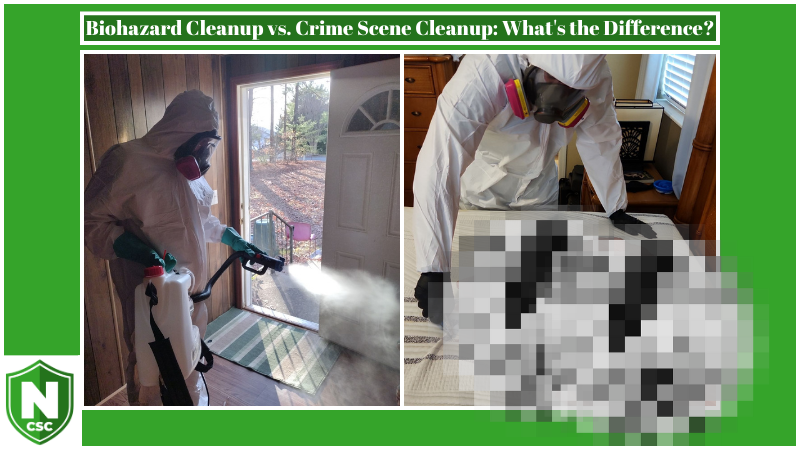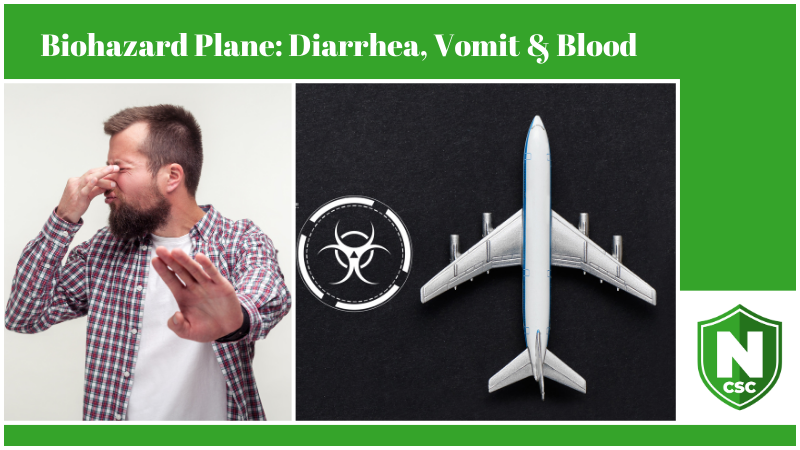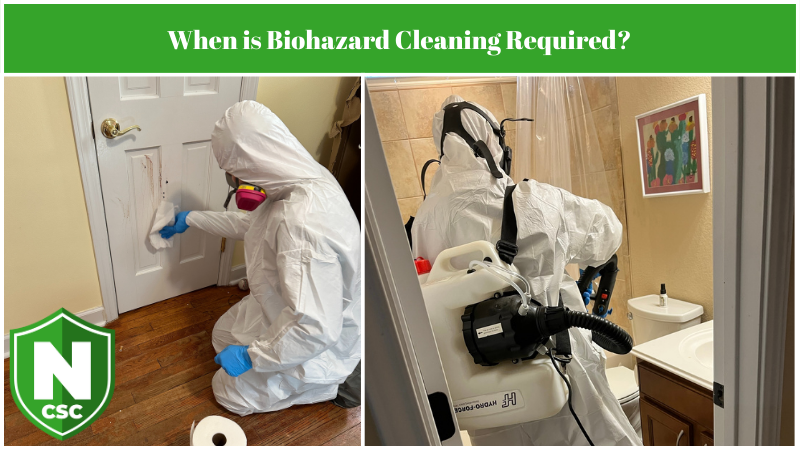Are Biohazard Cars Safe to Buy and Sell?
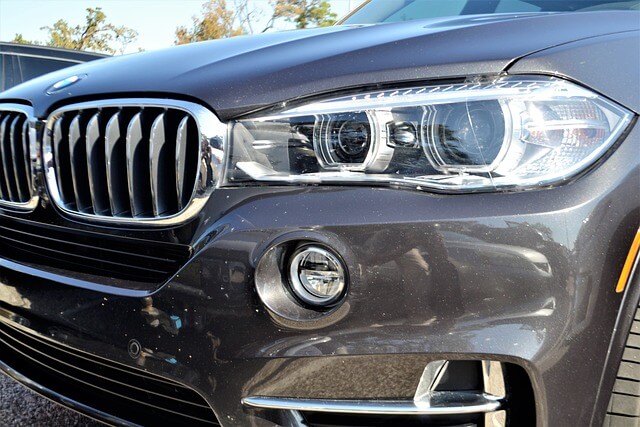
If you’ve been in the market for a car for some time, chances are you’ve come across lower priced cars that appear too good to be true. Only a few years old and no accidents? How is it possible for the car to be a thousand dollars less and still on the market? Looking over the CARFAX, you suddenly realize the vehicle has been issued a “biohazard car” title. Naturally, now you want to know:
- What is a biohazard car?
- Is it a good deal?
- Are these cars safe to purchase?
- Are there any long term risks?
While the National Crime Scene Cleanup crews are trained and exposed to biohazards every day, these situations are something the public solemnly faces. Most think of deadly viral outbreaks or hazmat level conditions when they hear biohazard. Few think or even hear of the term referring to a vehicle, especially when it’s a happy occasion like a baby that couldn’t wait to be born at the hospital.
What is a biohazard car?
A biohazard car is any vehicle that has or had an undefined amount of potentially hazardous material or fluid inside of it. Any of these situations can trigger a title change with the DMV:
- Mold damage
- Detectable bodily fluids, including:
- Blood
- Semen
- Vomit
- Feces
- Decomposing material that attracts harmful bacteria, including:
- Rotting food
- Animal carcasses or excrement
- Human decomposition matter
- Hazardous carcinogenic chemical material, including fingerprint powder residue
Although it may be unpleasant or unreal to hear, situations involving hoarding, suicides, homicides, and unattended deaths are very real and happen in cars every day. There are also happier occasions like an earlier than expected birth that leaves bodily fluids and biohazard waste in cars.
Human excretions and bodily fluids can contain potential bloodborne pathogens, which means they can contain harmful viral material or diseases that threaten public health. In other disaster situations, the car may have flooded or undergone extreme weather conditions that left opportunities for toxic mold growth.
That’s exactly why it’s called a biohazard–or any substance of biological origin that threatens public health is rightfully considered a hazard.
Does that mean it’s a bad deal?
It depends on the history of the car as well as how the circumstances were taken care of. If you found one of these cars you’ll want to do as much digging into the history of the car as possible.
Unfortunately, obtaining just the CARFAX report isn’t enough to go off of. CARFAX scrapes very basic information and data from DMV records using the vehicle’s identification number (or VIN). Even a scratch can appear as “moderate damage” depending on how it was documented and entered into the system. That leaves great room for error and unfortunately, a biohazard incident involving a car is no different.
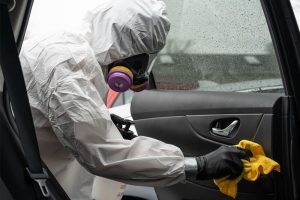
A biohazard technician cleaning a biohazard car.
For example, a previously reported flood incident needs to give more information on the extent of the damage or the repairs. A small situation can still trigger a title change, even if the car is brand new and only needs an hour worth of labor to restore it.
In all cases, in order for the car to be considered driveable and safe, a licensed biohazard car detailing crew will need to professionally and properly decontaminate the car. Crews work by observing specific OSHA, EPA, and DOT regulations to ensure that the matter is properly removed, treated, and disposed of.
Are there any long term risks?
It depends on the documentation showing who cleaned it and how it was cleaned. A professional biohazard company will effectively eliminate most microscopic biological matter, however, there is no guarantee that all traces have been removed. That is exactly the reason why once a car is titled “BIOHAZARD VEHICLE” it can never have a “clean” title again.
Thankfully, it’s not a hazard if the work is done correctly. Be aware of companies that aren’t licensed to treat these types of issues, which means the contamination could grow back or even spread. This is why you should never attempt to clean the situation if you don’t have the proper training or cleaning supplies. It’s not something you can take care of by watching a Youtube video.
Likewise, the average car detailer is typically not familiar with the bloodborne pathogen standard, or how regulated waste should be disposed of. Be very wary of any seller that presents an unlicensed car detailing company as proof the car is safe to drive.
When it’s a situation that has been properly taken care of by a professional and licensed company like National Crime Scene Cleanup, the car could be a good deal. The only way to know for sure is by getting the correct information you need.
Information to Ask For
It’s important to note that the seller may have limited information on the car, in which case the risk is greater. However, when the car is being sold by a private party or the first owner, you might be able to get the information you need to make an informed decision. You’ll always want to ask for:
- Certificate of Hygiene: This is the documentation issued by a legitimate, professional, and licensed biohazard car cleaning company to authenticate the cleanup has been conducted properly. This document will list the name of the vendor that executed the cleanup and a seal to guarantee the quality of the service. You can research the cleaning company and see if they are licensed to work in these situations.
- Photos and/or insurance documentation regarding the damages. With this information, you can confirm the extent of the damages and what was replaced inside the car.
- The type of situation it was and how long the car remained under those conditions. This could also give you information on how long the car was sitting.
Unfortunately, there’s no way of telling without doing as much research as you can. Always ask questions and trust your gut. There is really no way to know for sure in any scenario.
The team at the National Crime Scene Cleanup (NCSC) hopes this information has helped you. If you’re looking to sell this type of car, it’s advised you read about the process involved in professionally treating a biohazard car and let the professionals take a look at it. NCSC is here to help 24/7/365, call our discrete hotline at 1-844-255-2461 any time.


